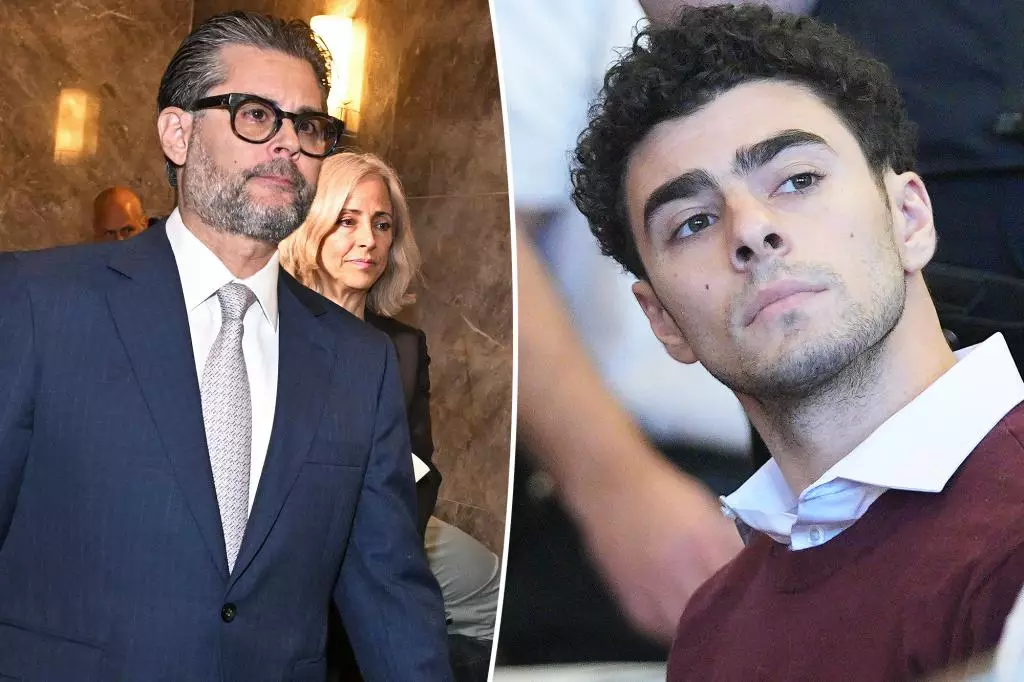Craig Rothfeld, a name that has recently surfaced within discussions about prison consultancy, exemplifies a unique trajectory from prisoner to advisor. Having once served time for white-collar crimes, Rothfeld now stands as the guiding hand for various high-profile inmates who seek to navigate the formidable prison landscape. His perspective is particularly insightful; he describes the correctional system as akin to a “Byzantine black hole,” indicative of the complex and often overwhelming environment that inmates face. Rothfeld’s previous experiences lend a depth to his consultancy that few can claim, making him a sought-after figure in this niche.
When discussing the realities of incarceration, Rothfeld paints a bleak picture. His advice typically centers around the initial phase of imprisonment, a period characterized by fear and disorientation. He emphasizes the seriousness of bodily restraints during transport and the psychological toll that deprivation of freedom exacts on those in custody. The sense of powerlessness that accompanies the first few weeks is a stark theme in his counsel, which often leaves clients grappling with the stark contrast between their previous lives and their current realities.
The landscape of high-profile inmates includes controversial figures such as Harvey Weinstein and Luigi Mangione. Weinstein, notorious for his legal battles surrounding sexual assault convictions, has engaged Rothfeld to help manage his health and adjustment within the penal system. Facing medical challenges, Weinstein’s condition has drawn considerable scrutiny, exacerbated by claims of inadequate care that his legal team has communicated publicly. This situation illustrates the intricate relationship between health and incarceration, especially for those who are already frail.
Meanwhile, Mangione, another client of Rothfeld, is embroiled in a serious criminal case linked to the murder of UnitedHealthcare CEO Brian Thompson. With his plea of not guilty and the serious accusations he faces, Mangione’s case has catapulted him into the spotlight, akin to Weinstein’s. Both individuals are reportedly housed in the same facility and are navigating similar challenges, serving as a reminder of how fame and notoriety can influence the prison experience.
Weinstein’s health issues, ranging from heart surgery to a cancer diagnosis, open the floor for a deeper discussion on the treatment of inmates with medical conditions. The contention surrounding the quality of medical care provided to inmates highlights systemic issues within correctional institutions, raising ethical questions about the obligation to ensure humane conditions for all, regardless of their legal troubles. Rothfeld’s role becomes increasingly vital here, as he not only consults on the navigation of prison life but also advocates for the appropriate medical care that inmates deserve.
With the growing acknowledgment of the complexities associated with incarceration, the demand for consultants like Rothfeld is likely to expand. As more cases grab national attention, the intersection of celebrity and crime continues to prompt a critical examination of our prison system’s capabilities and shortcomings. Through the lens of Rothfeld’s experiences, we begin to see a more nuanced understanding of what it means to face a life-altering transition into the prison system, emphasizing the need for informed support during such harrowing times.

